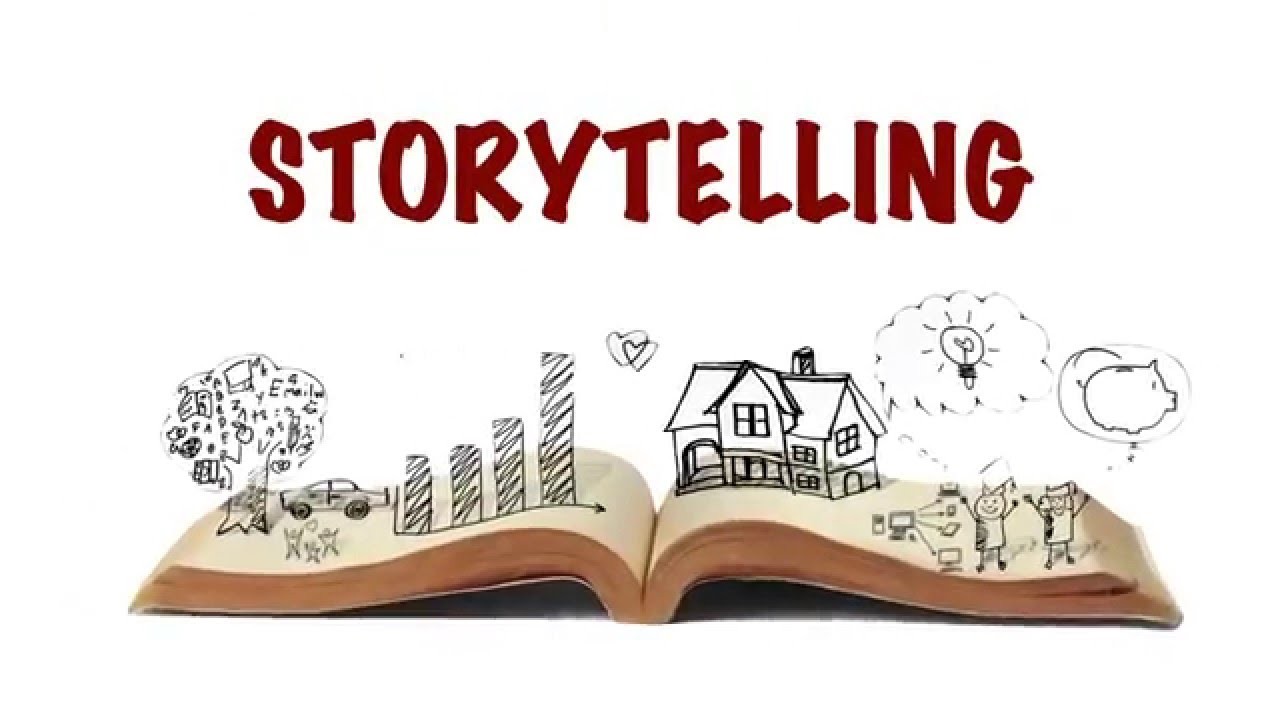There’s something wild about storytelling. We all do it every day in texts, tweets, conversations. But when it comes to using storytelling intentionally, especially for writing or marketing, things get trickier. I used to think I was a “natural storyteller” until I sat down to write a blog post that actually needed to hold someone’s attention. That’s when I realised: telling a good story is a skill. And I’m still learning it.
Why authentic stories matter
We’re all used to perfectly polished stories, the kinds you read in magazines or hear in documentaries.
But what I’ve learned is that people don’t connect with perfection. They connect with honest, imperfect stories that feel like they could be their own.
When I write about a time I messed something up, or when I share how I’m figuring things out as I go, I notice people are way more engaged. It builds trust. It invites others to reflect on their own stories too. I’ve found that writing with this vulnerability (while still being thoughtful and intentional) is what makes stories stick.
A great resource I’ve found on the psychology behind this is this Nielsen Norman Group article on storytelling in UX. It breaks down how stories are processed by the brain and why they’re more memorable than raw information.
Structuring stories that work
- Structuring your stories with Intent
Instead of just writing freeform, I try to think in terms of:- A hook at the beginning to pull readers in
- A clear narrative flow that explains the “why” behind the story
- A takeaway or insight that gives people something to walk away with
- It helps me stay focused and keeps readers from feeling lost.
2. Using concrete, lived examples
General advice is everywhere. “Be yourself,” “Tell great stories,” “Create value.”
But what does that actually look like?
I’m learning to go beyond generalisations and add texture by sharing specific moments: what happened, how I felt, what changed.
3. Making sure the reader is never confused
Sometimes when I reread my old posts, I realize I was writing for myself, not the reader. So now, I ask: “Would someone with zero context understand this?” That shift has made a huge difference in clarity and engagement.
Why this matters outside writing too
What I love most is that storytelling is not just a writing skill, it’s a thinking skill. It helps you make sense of what you’ve been through.
It helps you communicate ideas clearly, whether you’re pitching, teaching, or just catching up with a friend.
Once you get better at storytelling, you become better at communicating in general. And that shows up in every part of life.
What’s next for me
I’m experimenting with storytelling on different platforms: blog posts, short newsletters, even scripts for audio content. My goal isn’t to “go viral”, it’s to connect. One honest, well-told story at a time.


Leave a Reply